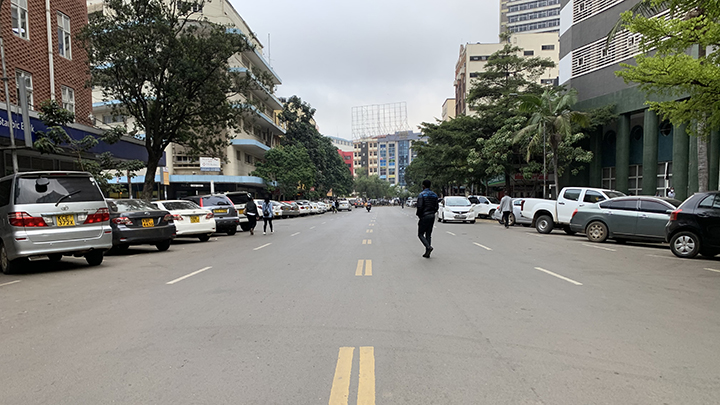A recent Infotrak survey conducted between July 3 and 8 has revealed that a significant majority of Kenyans believe their country is heading in the wrong direction, with only a small fraction expressing optimism about its future.
The survey, which involved 2,400 respondents from across the nation through computer-assisted telephone interviews, sheds light on the prevailing sentiment and concerns of the Kenyan population.
Key findings from the survey indicate that a staggering 75 per cent of Kenyans blame the President for the country's poor performance. Meanwhile, only 3 per cent hold fellow citizens responsible, and a mere 1 per cent point fingers at religious leaders.
The dissatisfaction with the country's leadership is coupled with concerns about critical issues affecting the nation.
The high cost of living emerged as the primary cause of worry among Kenyans, with a substantial 93 per cent of respondents citing it as a major concern.
Read More
Only 19 per cent of those surveyed believed that the cost of living was manageable. Regionally, the highest levels of discontent regarding the country's direction were observed in Nyanza, Western, and Coast regions, with 82 per cent, 79 per cent, and 76 per cent of their populations expressing such sentiments, respectively.
On the contrary, only 22 per cent in Central, 21 per cent in North Eastern, and 19 per cent in Rift Valley regions shared this belief.
Johvine Wanyingo, Infotrak’s senior field operations manager, commented on the findings, stating, "Among the main reasons cited for the negative sentiment about the direction of the country is the high cost of living, which a substantial 93 per cent of respondents cited as a major concern. In addition, 23 per cent of respondents attributed the problems to unemployment and 19 per cent to poor governance."
The survey further revealed that the perception of the Executive's effectiveness and the state of peace in the country was mixed, with 34 per cent of respondents believing that the Executive is functioning effectively and 29 per cent expressing satisfaction with the peaceful situation in the country.
The impact of the 2023 Finance Act also drew significant attention, with 87 per cent of respondents being aware of its existence. However, a majority of 59 per cent doubted its positive impact on the Kenyan economy, and 73 per cent did not support the Act.
Commenting on the respondents' views towards the Finance Act, Mr Wanyingo stated, "Among those who do not support the 2022 Finance Act, a significant majority of 61 per cent prefer to express their dissatisfaction through civil disobedience. In addition, 49 per cent of this group favour challenging the Act in court, while 15 per cent opt for tax boycotts and 32 per cent choose peaceful demonstrations as an alternative means of opposing the Act."
Since March 2023, the survey also highlighted a notable increase in concern over the cost of living, rising from 72 per cent to 85 per cent in July.
Unemployment and corruption also experienced an upward trend, increasing from 30 per cent to 47 per cent and from 11 per cent to 16 per cent, respectively.
The survey results underscore the urgent need for the government to address the concerns of its citizens and work towards improving the country's direction.
As the majority of Kenyans express their discontent, the government faces the challenge of addressing high living costs, unemployment, and governance issues to steer the nation towards a brighter future.











